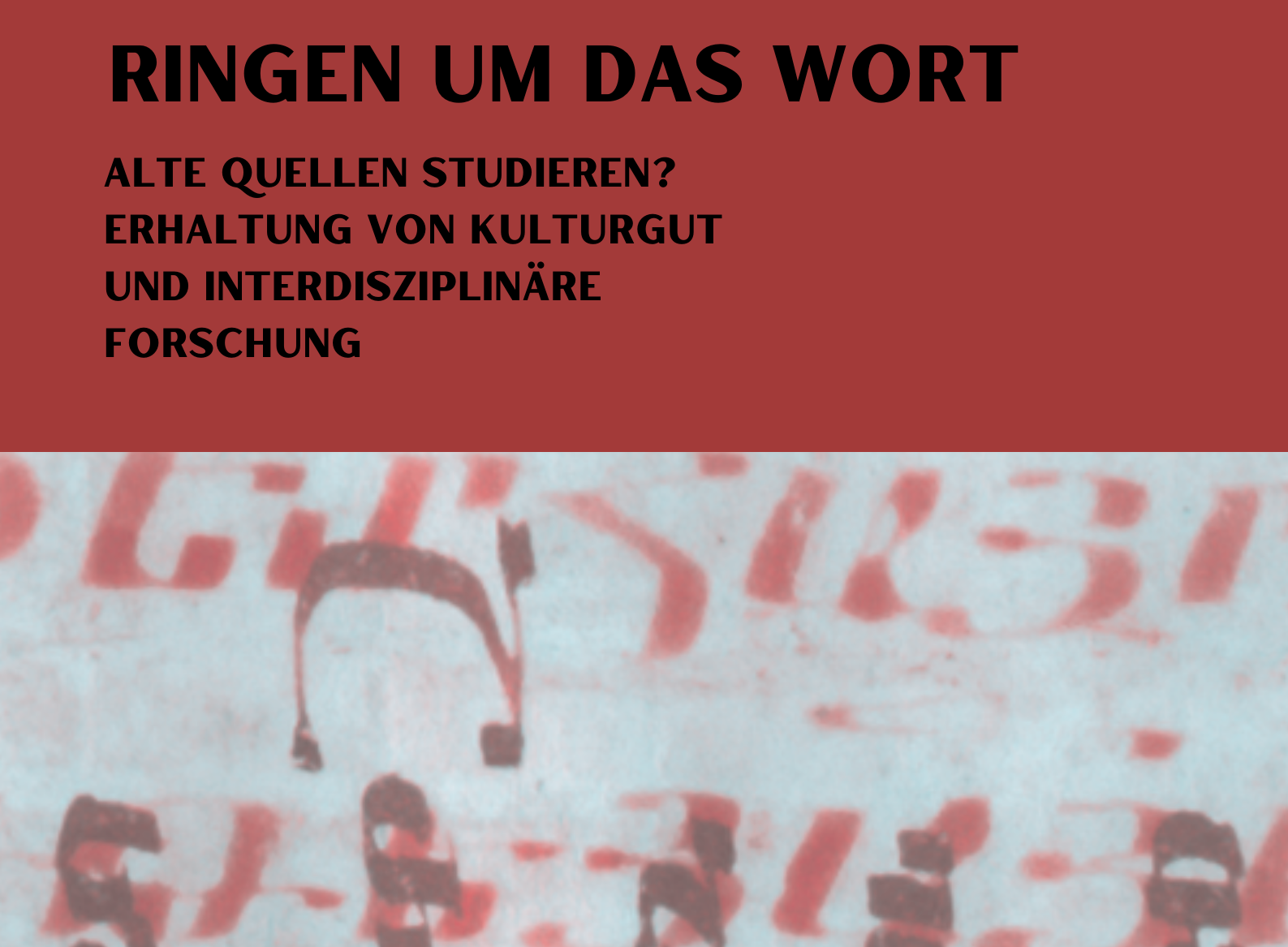Die Pflege der alten Sprachen, aus denen unsere Tradition schöpft, verschwindet zusehends aus den universitären und anderen Studienplänen. Latein und Griechisch sind bereits an den Rand gedrängt und ringen ums Überleben – von den anderen Sprachen des christlichen Orients gar nicht zu sprechen.
Wir setzten mit diesem Symposium einen Kontrapunkt. Der unmittelbare Anlass für dieses Treffen ist eine Textedition aus syrischen Quellen, die Erich Renhart in jahrelanger akribischer Arbeit bearbeitet hat und die nun in der Reihe Patrologie Orientalis erscheint. Wir gehen den Fragen um Sinn und Zweck der Beschäftigung mit unserem geschriebenen Kulturerbe nach. Wir wissen um deren Gefährdung – sowohl was deren materielle Erhaltung betrifft als auch was ihre wissenschaftliche Erschließung angeht. Das Symposium ruft hervorragende Fachleute zusammen, die für ihr jeweiliges Fachgebiet zu erheben, welche Bedeutung wir der Quellenarbeit heute noch zumessen können und welcher Anspruch damit verbunden ist. Darüberhinaus sind auch Perspektiven zu suchen, wie die Arbeiten künftighin vonstatten gehen können.
Das Symposium wird am 20. und 21. Juni an der Universität Graz stattfinden. Details werden im Laufe des März veröffentlicht.
